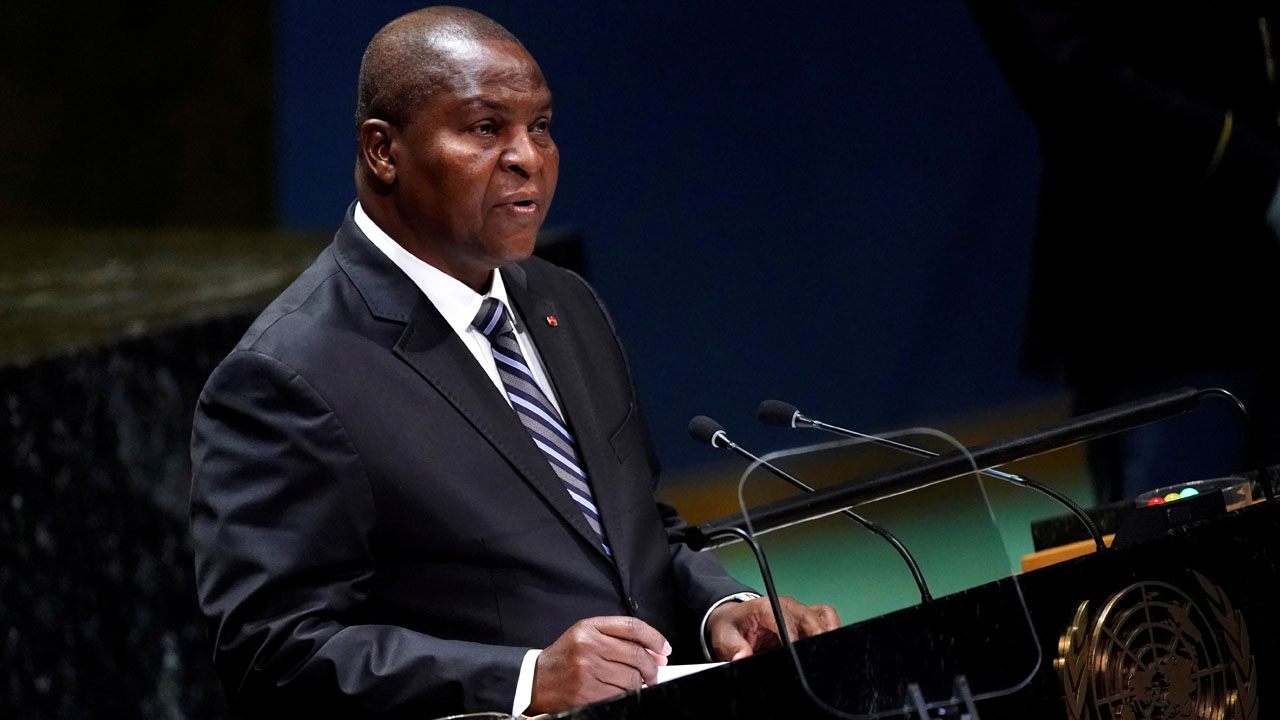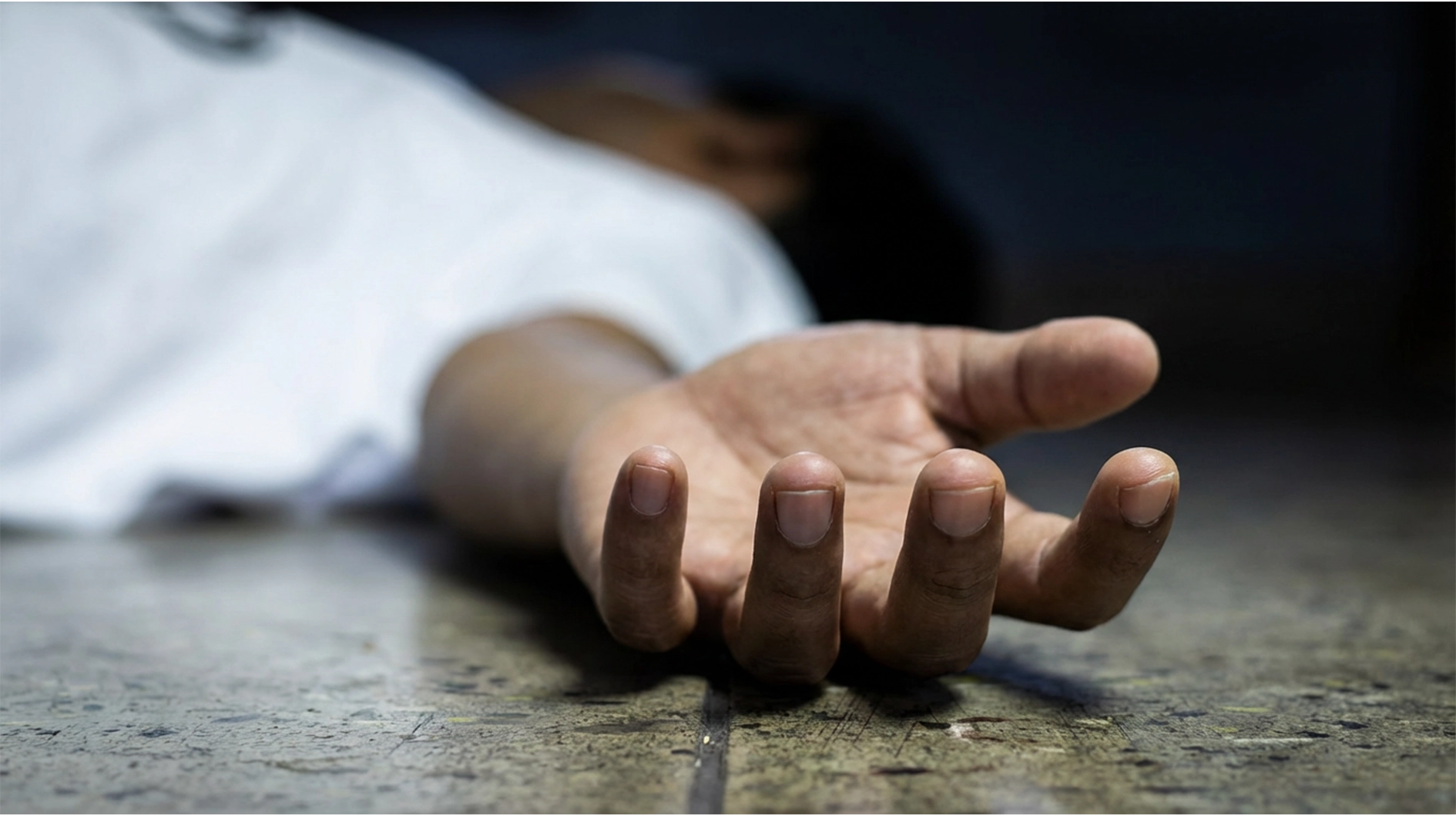Leaders of the Kantu community in Warri South West Local Government Area of Delta State have firmly denied claims linking the community to Itsekiri ancestry, stating that Kantu has always been an Ijaw community dating back to the 11th century.
The declaration, made over the weekend during a press briefing in the riverine community, comes amid tensions over the recent ward delineation by the Independent National Electoral Commission (INEC) in the Warri Federal Constituency, which has sparked protests from one of the ethnic groups involved.
The Kantu leaders said they were compelled to clarify historical facts due to the longstanding misrepresentation of the community as Itsekiri, rather than Ijaw.
In a statement jointly signed by the Chairman of Kantu Community, Windfree Atemubaghan, and 14 other leaders, including Pa Edwin Atikan Atemubagha Ama-Okosuwei, the community presented historical evidence tracing its Ijaw roots.
“On behalf of the people of Kantu (Ikantu) community in Gbaramatu Kingdom, Warri South West Local Government Area, Delta State, we wish to address the press on the age-long misrepresentation of Kantu as an Itsekiri community. The Kantu community has always been Ijaw since its founding in the 11th century,” the statement read.
According to the leaders, the community was founded by Oweizibiri, a full-blooded Ijaw man from Oporoza in Gbaramatu Kingdom.
They noted that Oweizibiri initially lived in Amadino (Omadino), an Ijaw fishing settlement, with his father, Tometebe. He later married Erebo, a trader from Ode in the old Western Region, and had seven children, some of whom later intermarried with Itsekiri women.
They explained that due to these intermarriages, the Itsekiri language became widely spoken in the community. However, they emphasized that linguistic influence did not alter their ancestral identity as Ijaw.
“The male children of Oweizibiri married Itsekiri women, and their children, growing up with their mothers, naturally adopted the Itsekiri language. This is how the Kantu community became linguistically affiliated with the Itsekiri, but that does not change our Ijaw origin,” the statement said.
The leaders categorically asserted that, “Ikantu is an Ijaw community in Gbaramatu Kingdom. It never was, is not, and will never be part of the Itsekiri ethnic nationality.”
They also condemned attempts by some descendants of Oweizibiri to align the community with their maternal Itsekiri heritage, describing it as a betrayal
that has caused divisions within the community and across the broader Ijaw nation.
The Kantu leaders called on the federal, state, and local governments, as well as the international community, to recognise Kantu as an Ijaw community with deep ancestral ties to Gbaramatu Kingdom. They also pledged loyalty to the Pere of Gbaramatu Kingdom, His Royal Majesty Oboro Gbaraun Aketekpe, Agadagba.
Speaking on behalf of the Gbaramatu Council of Chiefs, Chief Godspower Gbenekama confirmed that the council was invited by the Kantu people to witness the community publicly affirm its identity.
“This declaration by Kantu people puts to rest the controversy over their heritage. They are indeed children of Gbaramatu Kingdom,” he said.






